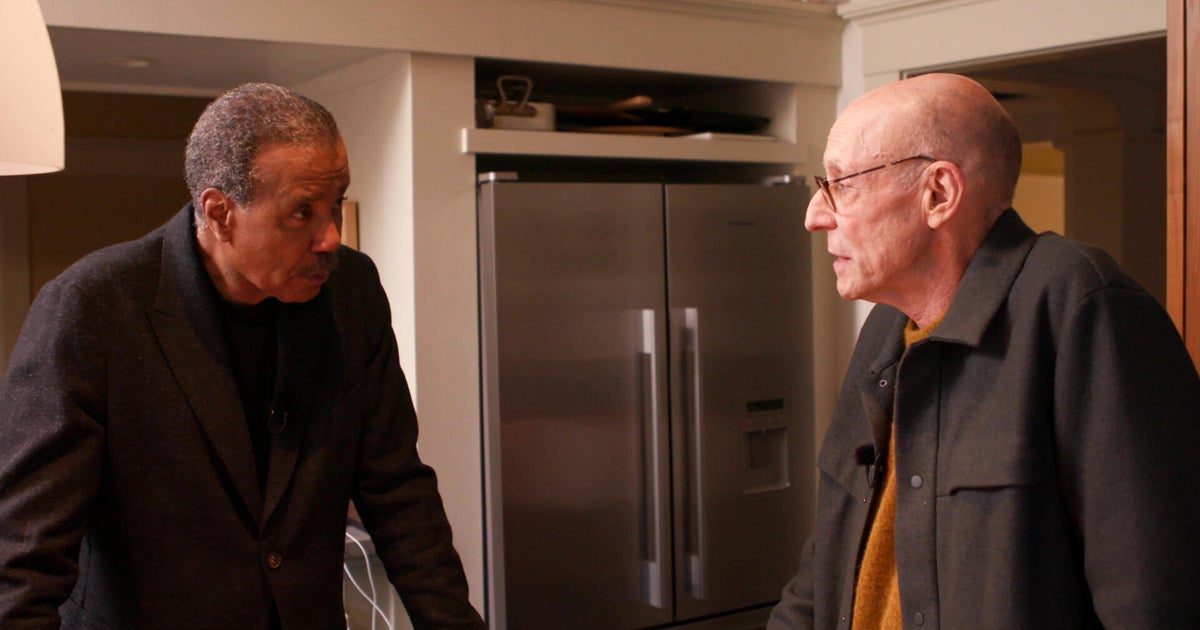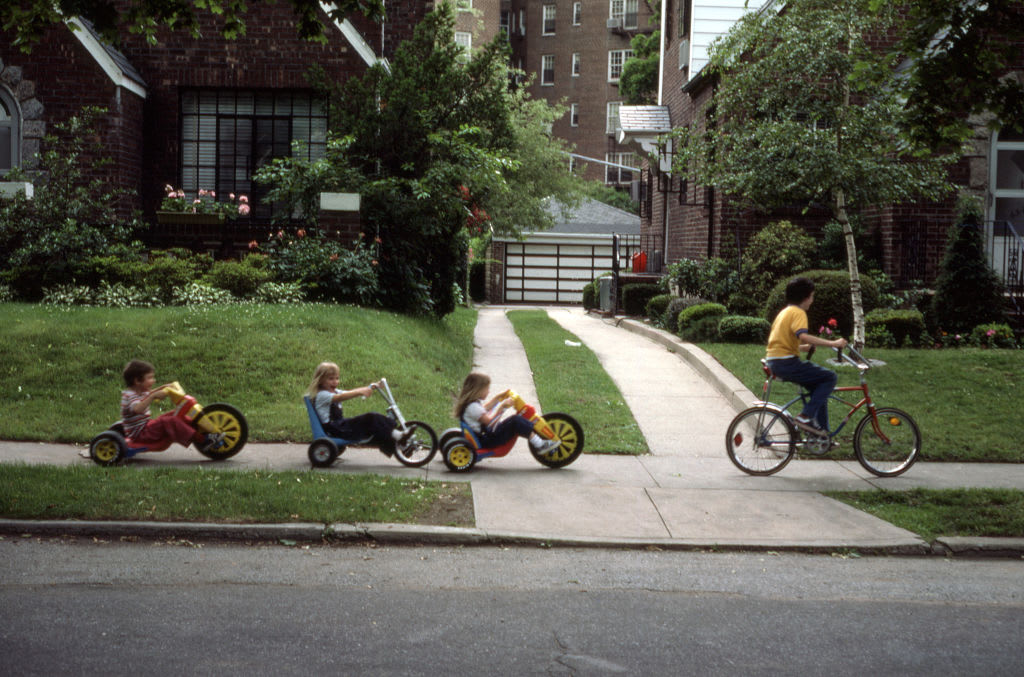Viola Davis on knowing struggle
Hard work has never scared Viola Davis. Long before she stepped on stage, filmed a movie, or won an award, she first had to simply get through the day.
One of six children, Davis has been open about having grown up in poverty. In an interview with 60 Minutes' Jon Wertheim, the actress recalled a childhood of sometimes going without food, once living in a rat-infested apartment.
- Viola Davis' journey to Triple Crown-winning actress
- Viola Davis: Chadwick Boseman gave "extraordinary" final performance
Davis has gone on to become the first African American actress to achieve acting's rare "Triple Crown" - winning a Tony, an Emmy, and an Oscar. She headlined as the title character of "Ma Rainey's Black Bottom," a film she received an Oscar nomination for, which began streaming on Netflix in December.
To listen to her speak about her craft, it is clear her struggle has informed her work as an actor.
When she was 14, Davis enrolled in an acting class through Upward Bound, a federally funded program for students from low-income families. On the first day of class, her drama teacher attempted to disabuse his students of any notion that acting was glamorous. But no matter how he detailed the difficulties of being a working actor, Davis was unmoved.
"'Hard' didn't register for me at that point. Everything was hard," she recalled. "Hard, I took that with a grain of salt. It was hard for me to wake up in the morning and go to school when there's no heat, there's no hot water. You're washing clothes by hand. You're flinging them over the door in the bathroom and hope that they're going to be dry by the next morning."
Davis recalled the teacher telling the class that being an actor may mean going on five auditions a day every day for six weeks and still never booking a job. She remembered her classmates' reactions, as one-by-one, they lost enthusiasm for performing. But the notion that her teacher's warning should scare her away from acting never occurred to her.
"The only thing that registered to me was I thought it was awesome to be an actor," Davis said. "I saw it as an honorable profession."
HOW "IMPOSTER SYNDROME" CAN BE GOOD
Davis has maintained that reverence for her profession. After nearly three decades of working and garnering accolades, she admits she can still feel "imposter syndrome" – that irksome feeling that creeps in and can cause even an Academy Award winner to doubt her talent.
But that is not necessarily a bad thing, she told 60 Minutes. Instead, it is a feeling she recognizes in all the artists she has worked with.
"It's not about confidence," Davis said. "It's about that feeling of always feeling you're in process, and that you could be better."
Along with this feeling comes a willingness to take any role and to see it as an opportunity to improve. An actor learns to hone their craft more with bad material than they do with great material, she explained. They are also realistic about how few roles are available.
Whether she was performing in a church basement or under the hot lights of Broadway, Davis said her mind has always tended toward what she calls the "language of the artist": Someone is going to find out I may not be as great as people think I am.
"Anybody who even wants to be great has that, anybody — any filmmaker, any writer, any actor," Davis said. "You have to have a healthy sort of approach to it. You have to recognize it for what it is. You have to keep it in its place. But what it does on a healthy level, it keeps you humble, and it keeps you working."
THE THEMES OF "MA RAINEY'S BLACK BOTTOM"
The feeling of fighting to prove herself worthy is a theme in Davis' role in "Ma Rainey's Black Bottom." She plays the real-life Ma Rainey, a trailblazing Black singer who has been dubbed the "Mother of the Blues." The movie is based on a play of the same name written by August Wilson.
Throughout the film, Davis said, each of the characters are struggling against a hierarchical society and a system that took advantage of Black musicians.
"You had Ma Rainey, who died in relative obscurity," she said. "There was still such a lack of power and access, even when you were on top."
This theme, Davis said, is reflected throughout Hollywood — especially for Black women.
"I feel that as a woman, and a woman of color, I'm always fighting to be seen," she said. "You could translate that into fighting for my value."
The videos above were originally published on December 6, 2020 and were edited by Will Croxton and Sophia Myszkowski.



